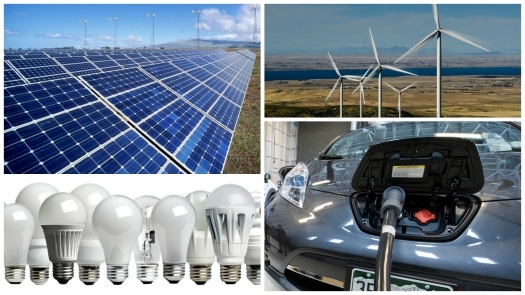U.S. Energy Department Announces $63 Million to Modernize Manufacturing, Boost Battery Recycling

The U.S. Energy Department on Aug. 1 announced up to $63 million in funding for state and local governments to expand battery recycling and upgrade U.S. manufacturing. The initiative will accomplish this by creating innovative technologies such as advanced sensors and modeling that is more accessible to small and medium sized manufacturers.
The funding, administered by the department’s Office of Manufacturing and Energy Supply Chains, will help develop, enhance and utilize tools and capabilities to assist in achieving the goal of net zero emissions by 2050 set out by the Biden Administration. The funding will also assist in revitalizing and strengthening U.S. leadership in manufacturing. Moreover, it will equip manufacturers with enhanced technologies so that they can reduce operational inefficiencies and develop battery recycling.
Gathering used or depleted batteries and recuperating critical minerals such as graphite, lithium and cobalt from battery recycling is a financially effective and maintainable way to procure domestic material to manufacture additional batteries. The funding will produce new recycling initiatives for recycling and collection points that are readily accessible for consumers. The funding incorporates $41 million for the second phase of $50 million in total allocated by the 2021 Infrastructure Investment and Jobs Act for local government and state battery recycling initiatives.
Smart manufacturing, according to the department, refers to the utilization of new and cutting-edge technologies to reduce the inefficiencies of the traditional manufacturing procedure. The implementation of smart manufacturing technologies can assist in reducing costs and material demand, as well as increasing energy efficiency and product quality. The operational efficiencies will allow U.S. manufacturers to become more viable in the international marketplace. As it stands, a large number of small to medium sized firms do not utilize smart technologies, due to the initial costs and lack of accessibility to training and education and the funding aims to to bridge this gap.
EnerKnol Pulses like this one are powered by the EnerKnol Platform—the first comprehensive database for real-time energy policy tracking. Sign up for a free trial below for access to key regulatory data and deep industry insights across the energy spectrum.
ACCESS FREE TRIAL